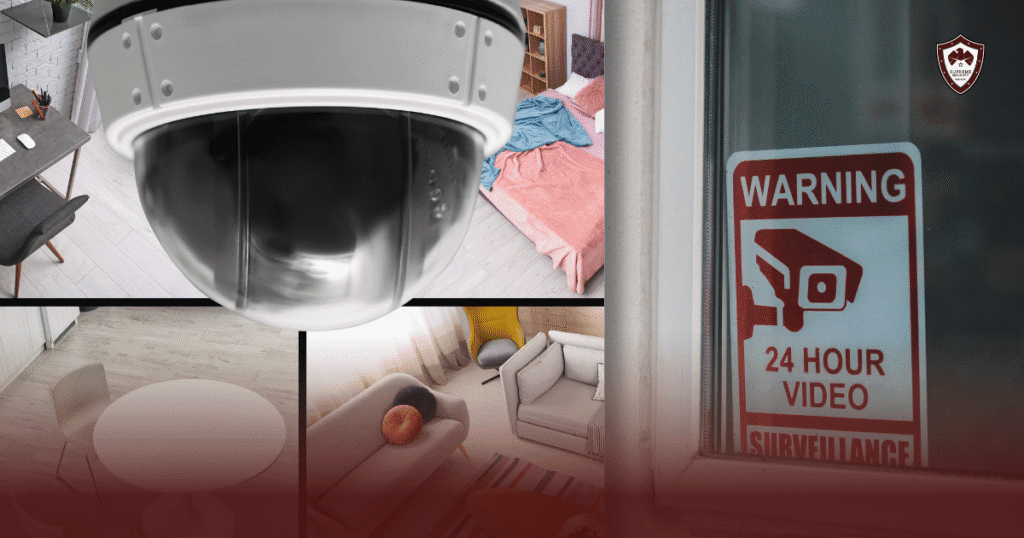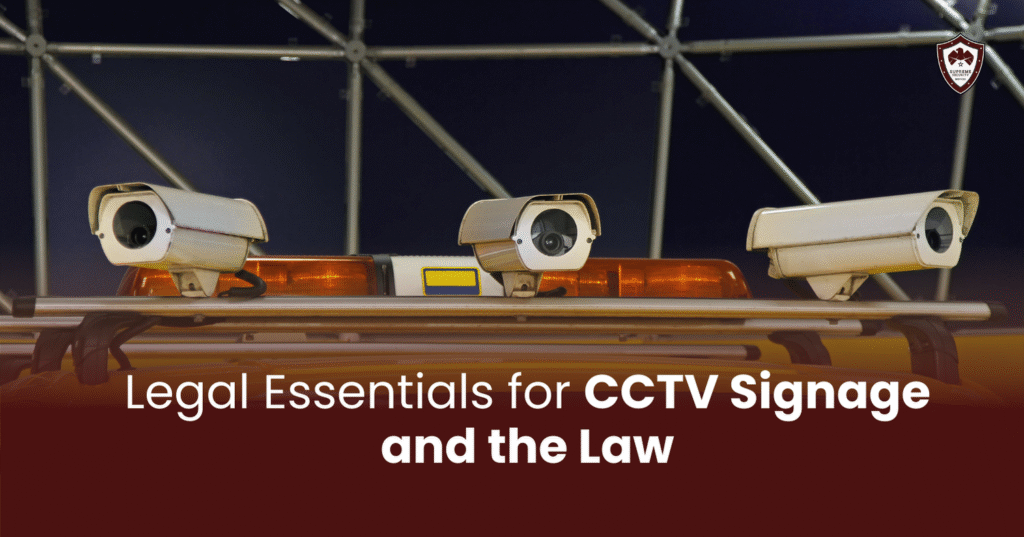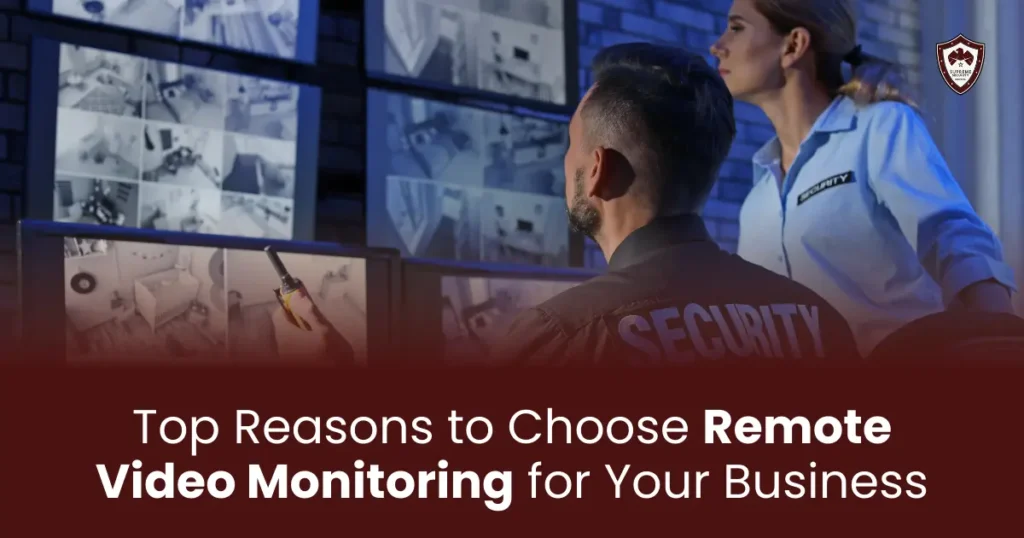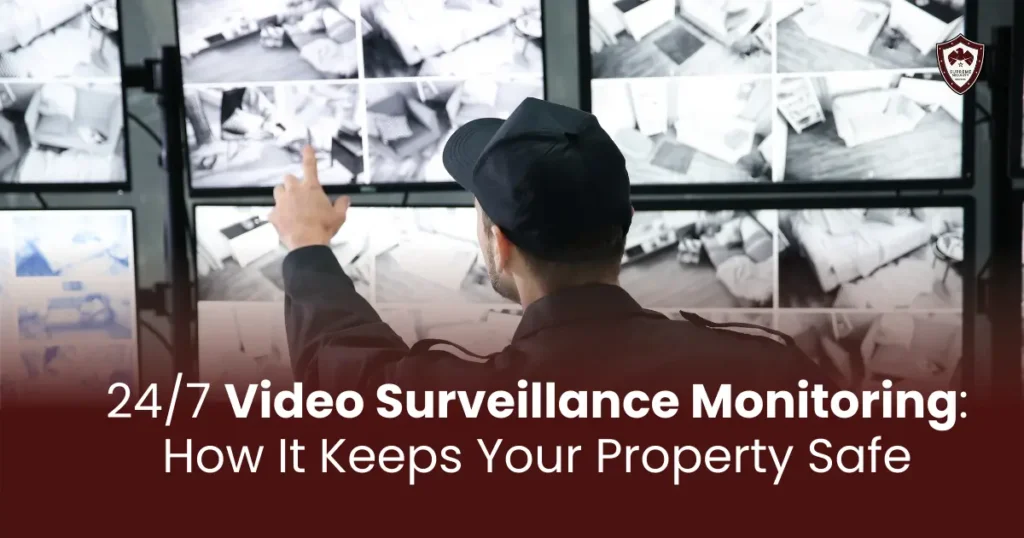Are security cameras protecting you or putting you into legal trouble? This is a question more Canadians are starting to ask as surveillance becomes a part of daily life.
CCTV cameras are being installed more and more in Canada, ranging from office buildings and stores to residential homes and apartment buildings. It is no longer just big corporations buying surveillance systems. Homeowners and small businesses are now using them to protect their property, deter burglars, and keep watch on what happens around their businesses.
More cameras mean a greater need to understand about the law that applies. If you are installing a system, it’s not enough to plug it in and press record. In Canada there are certain rules in place about where the camera’s can be placed, what can be recorded and how people must be informed.
It is important to know the correct purpose of CCTV signage and the law. Whether you’re setting up CCTV monitoring security for a business or developing a video surveillance policy Ontario, staying compliant with Canadian privacy rules will help you avoid legal trouble and use your system responsibly.
Table of Contents
Federal Privacy Laws Governing CCTV Monitoring
If you are using video surveillance cameras in Canada, you must adhere to two main federal legislations, namely the Personal Information Protection and Electronic Documents Act (PIPEDA) and the Privacy Act.
PIPEDA is applicable to private entities. You have to inform individuals when you obtain personal information such as video recordings with CCTV monitoring security. You also have to specify the reason why you are recording and store the recording securely. If you use monitored CCTV security, ensure that the footage is reviewed regularly and access is restricted to authorized personnel only, to maintain compliance with privacy laws. The Privacy Act regulates the collection and handling of personal information by Australian Commonwealth government agencies, including the use of surveillance images for public purposes.
For any CCTV camera installation 2024 common challenges, compliance with federal law is essential. If you fail to post security camera surveillance signage or record people without their consent, you may face privacy complaints or legal action.
Provincial Regulations: Focus on Ontario
Ontario also has its own privacy act that applies to private homes and workplaces. If you are going to be putting cameras in the workplace or in the home, you must abide by provincial law as well as federal law.
For homeowners, residential security camera laws Ontario state that cameras should not capture footage from areas beyond your property, such as a neighbor’s backyard or a public sidewalk. Other individuals have the right to privacy.
At work, Canadian law regulating surveillance, as well as Ontario labor law, require employers to notify their workers of any monitoring. Hidden cameras are generally forbidden except where there is a strong, documented reason. Placing security video surveillance signs is not merely an option; it is generally a legal requirement intended to notify people that they are being recorded.
Following CCTV signage and the law in Ontario helps avoid complaints and makes sure your system is legally compliant.
CCTV Signage and Legal Requirements
If you are using surveillance cameras, clear signage is not just a good practice, it is often a legal requirement. According to Canadian law, companies and property owners are required to notify individuals that they are being filmed.
Security camera surveillance signage should be visible and should be placed near entrances or recorded areas. The sign must clearly state that you are being watched.
What to Include on Your Surveillance Sign
Signs need to state that cameras are being used. For commercial buildings, it is a good idea to have your company name, purpose of recording, and phone number. This is to ensure alignment with privacy regulations and reflect openness. For residential properties, a simple sign like “This Property Is Under Video Surveillance” is usually adequate for residential security cameras laws.
Having the correct signage keeps you in compliance with CCTV signage and the law and avoids problems of privacy complaints or legal exposure.
Workplace Surveillance: Employee Rights and Employer Obligations
When installing CCTV cameras for business purposes, employers in Ontario need to take into account privacy legislation and labor laws. Recording employees without notice can result in legal proceedings or complaints. According to cameras in the workplace Ontario laws, employees must be clearly informed if they are being recorded. Hidden cameras are not usually permitted except in cases of serious, documented cause like persistent theft or abuse. Even then, surveillance must be limited and respectful of privacy.
You need to have a proper video surveillance policy Ontario in place. This policy must define the reason for monitoring, who will access recordings, and for how long the recordings will be retained. Being open with your staff is what establishes trust and also keeps you compliant with workplace surveillance legislation Canada.

Residential CCTV Usage: Balancing Security and Privacy
Homeowners use surveillance systems to safeguard their property. However, home security camera laws Canada have a restriction on recording outside of your property line. Videos capturing sidewalks, neighbors’ houses, or common areas might result in complaints about privacy.
To remain within Ontario residential security camera laws, ensure that your cameras are directed solely towards your driveway, front yard, or entrance.
Where You Can and Cannot Point Cameras
- Avoid pointing cameras at adjacent windows, backyards, or common walkways.
- Respecting boundaries minimizes the likelihood of legal conflicts and promotes good neighbor relations.
- Install security video surveillance signs at entrances to alert visitors and satisfy legal requirements.
- Ensure your installation adheres to video recording legislation in Canada to provide safety without violating privacy.
Audio Recording: Legal Implications
In Canada, audio recording without consent is usually more limited than video. Most surveillance cameras record audio? Yes, some do, but using that feature without consent can be against recording laws in Canada.
Whereas video captures public scenes, audio records intimate discussions. Recording individuals without their awareness may be a violation of video recording without consent Canada laws, even when the surveillance is on your property. To stay compliant, disable audio recording unless you have clear, informed consent. Focus on visual monitoring and live video monitoring to enhance security in real-time. Also, post signage to ensure people know they’re being recorded. This reduces legal risk while respecting privacy rights.
Best Practices for CCTV Monitoring Compliance
To stay compliant with CCTV signage and the law and other Canadian regulations, you need to follow a few essential practices.
Begin by checking your CCTV security monitoring arrangement. Ensure cameras are strategically located and do not capture areas that compromise privacy. Keep your video surveillance policy Ontario up to date. Perform audits on your footage storage and access permission. This helps prevent data misuse. Train employees and educate residents or workers on the system. Open communication creates trust and assists you in complying with the law.
Final Thoughts
Learning about CCTV signage and the law is important for anyone using cameras in Canada. Whether you’re protecting a home or business, following privacy rules helps you avoid legal trouble and respect others’ rights. Using clear signs, getting consent, and checking your rules often keeps your CCTV monitoring security setup safe and legal.
FAQ’s
Is it legal to employ CCTV cameras in Canada?
Yes, but you need to comply with privacy laws, such as having security video surveillance signs posted and notifying individuals that they are under surveillance.
Do surveillance cameras record audio in Canada?
Some cameras can record audio, but doing so without consent can violate recording laws in Canada. Disable audio unless consent is obtained.



